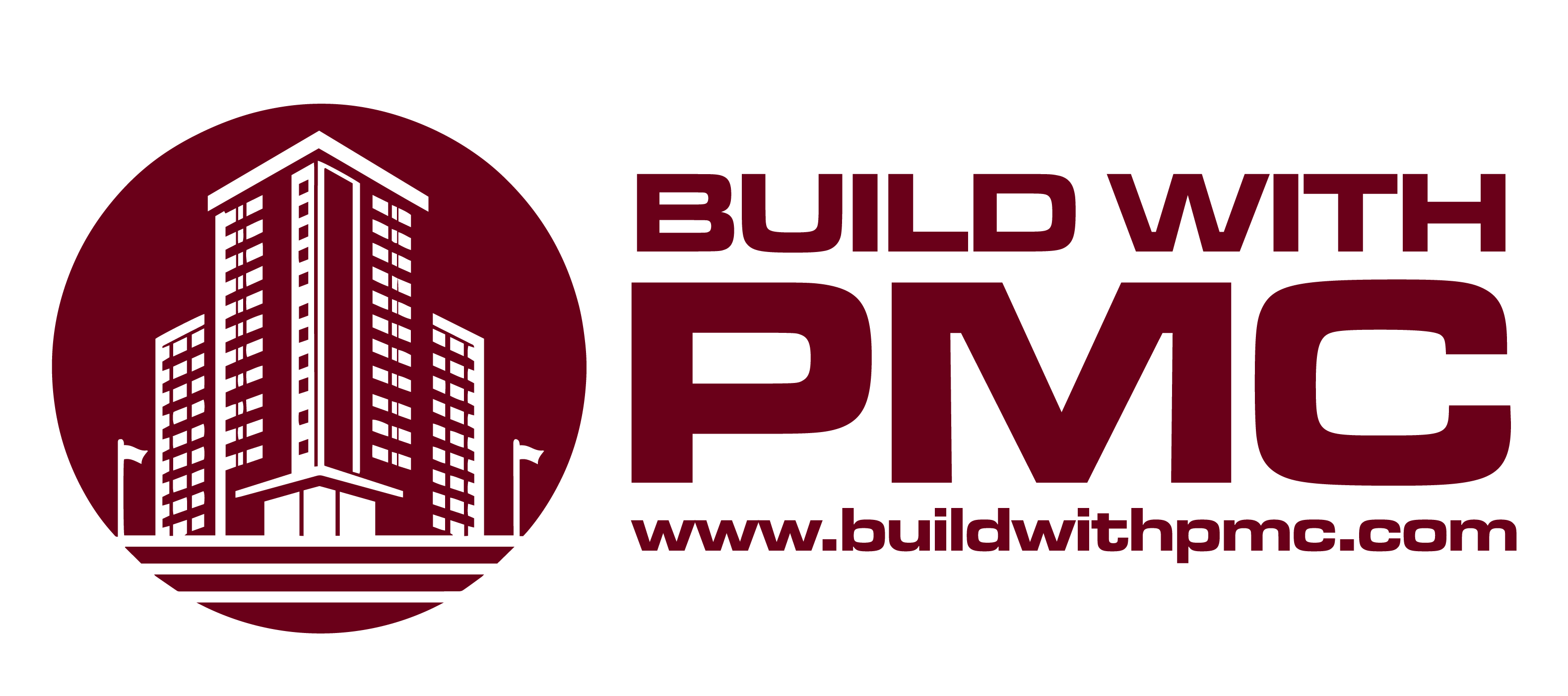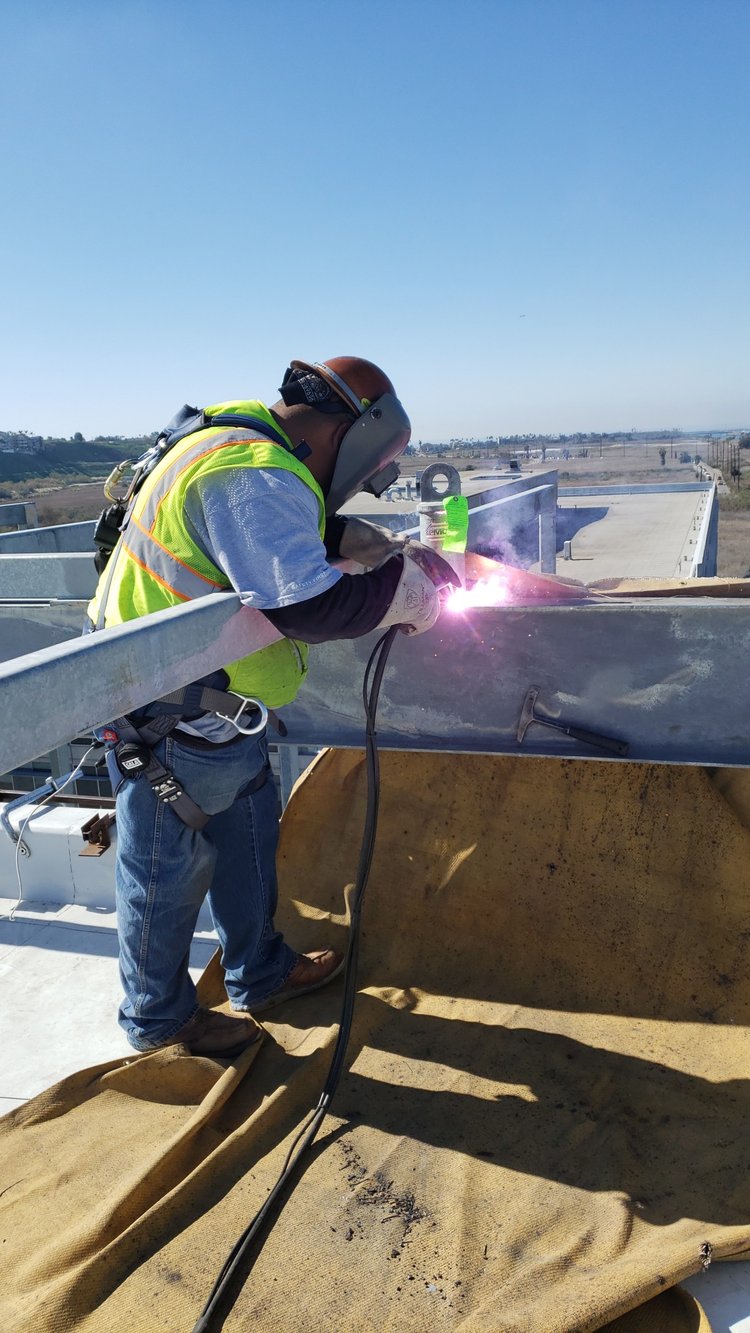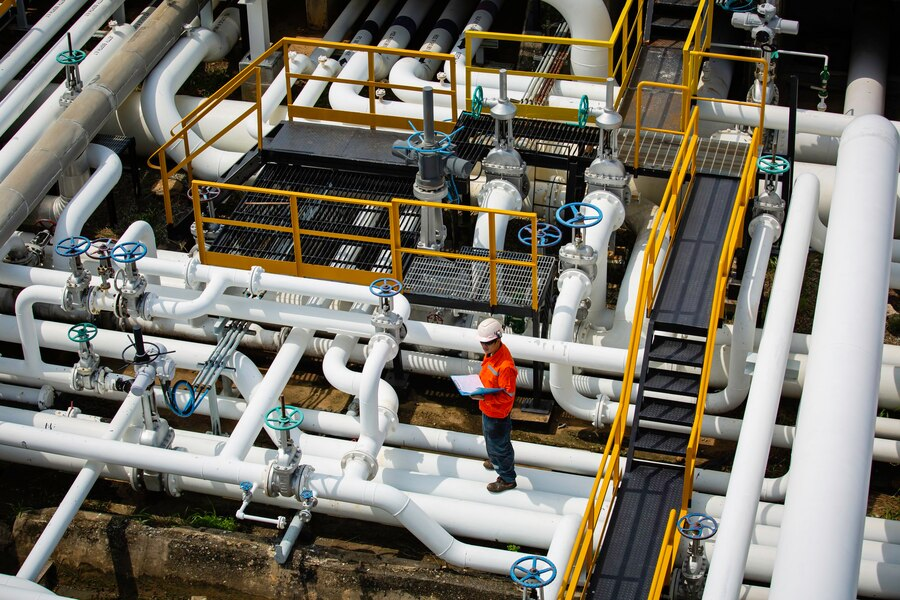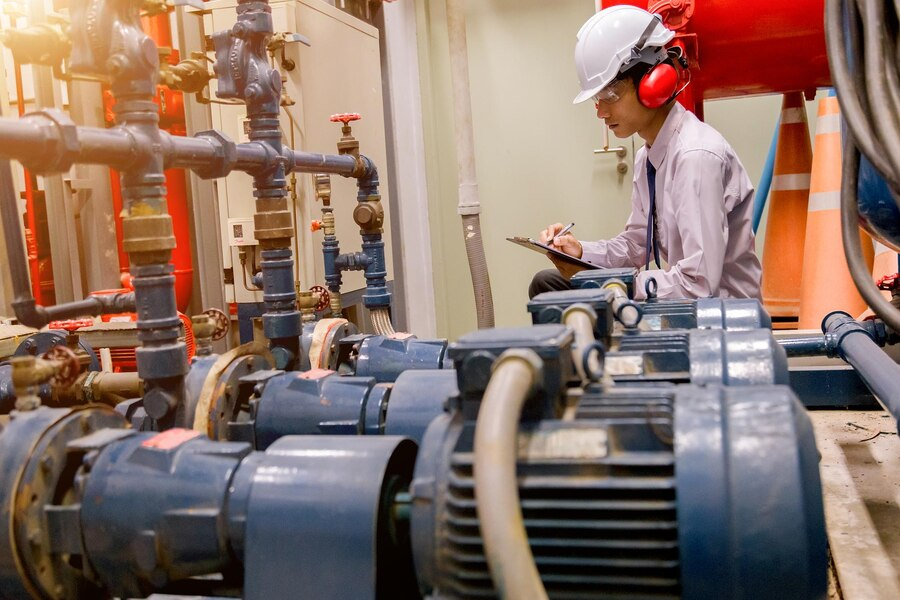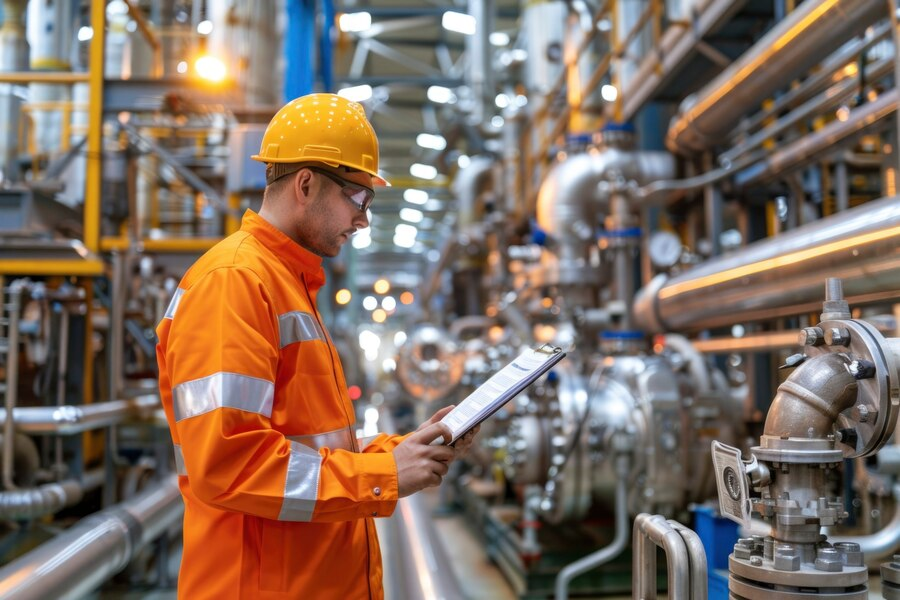Concrete has been a fundamental building material for centuries, playing a crucial role in the construction industry. However, not all concrete is created equal, and when it comes to commercial construction projects, the requirements and specifications for concrete differ significantly.
In this blog post, we will delve into the world of commercial concrete, exploring what sets it apart in construction projects and why it is a vital component for the success of large-scale developments.
Understanding Commercial Concrete

Commercial concrete, at its core, is a specialized form of concrete designed and formulated to meet the unique demands of commercial construction projects. Unlike conventional concrete mixes, commercial concrete undergoes meticulous engineering and testing processes to ensure it meets the stringent requirements of larger, more complex structures.
Strength and Durability
One of the primary distinctions of commercial concrete lies in its exceptional strength and durability. Commercial structures often bear heavier loads and endure more extensive wear and tear compared to residential buildings. Therefore, the concrete used in commercial projects is engineered to withstand higher compressive forces, ensuring the structural integrity of the entire construction.
Commercial concrete achieves superior strength through the careful selection of materials, precise mix designs, and quality control measures. High-performance additives and admixtures may be incorporated to enhance the concrete’s durability, resistance to cracking, and ability to withstand environmental factors.
Specialized Mix Designs for Varied Applications
Commercial construction projects are diverse, ranging from office buildings and shopping malls to industrial facilities and infrastructure. Each application demands specific performance characteristics from the concrete used. This necessitates the development of specialized mix designs tailored to meet the unique requirements of the project.
For example, a high-rise office building may require a concrete mix that excels in providing both strength and workability, while a warehouse floor might prioritize abrasion resistance and load-bearing capacity. The versatility of commercial concrete allows engineers to customize the mix to suit the demands of different construction applications.

Stringent Quality Control Measures
Quality control is paramount in commercial construction, and the concrete used must meet rigorous standards to ensure the safety and longevity of the structure. Commercial concrete undergoes meticulous testing and inspection processes throughout its production, transportation, and placement phases.
Batching plants that produce commercial concrete are equipped with advanced technology to monitor and control the mix’s consistency, strength, and other essential properties. Regular testing of concrete samples ensures that it adheres to specified standards, guaranteeing the reliability of the material in demanding construction environments.
Enhanced Workability and Placement Efficiency
While strength and durability are crucial, commercial concrete must also exhibit excellent workability to facilitate efficient construction processes. Workability refers to the concrete’s ease of placement, consolidation, and finishing. Commercial projects often involve intricate formwork, complex designs, and tight construction schedules, making workability a key consideration.
To enhance workability, commercial concrete may incorporate specialized admixtures, such as water-reducing agents and superplasticizers. These additives improve the concrete’s flowability without compromising its strength, allowing for easier placement and reducing the need for excessive water, which can weaken the final product.
Adaptability to Varied Environmental Conditions
Commercial construction projects can span diverse geographic locations and climates. From scorching heat to freezing temperatures, commercial concrete must be adaptable to a wide range of environmental conditions. The mix design and composition can be adjusted to account for factors such as temperature variations, humidity levels, and exposure to aggressive elements.
For instance, in regions prone to freeze-thaw cycles, air-entraining agents may be added to the concrete mix. These agents create tiny air bubbles that enhance the concrete’s resistance to cracking caused by the expansion of water during freezing. Adaptable commercial concrete ensures the longevity and performance of structures in various environmental settings.
Efficient Project Timelines and Cost Management
Time is often of the essence in commercial construction projects, and delays can have significant financial implications. Commercial concrete is designed not only for strength and durability but also for efficient curing times and early strength gain. This allows for quicker formwork removal, facilitating faster construction progress without compromising the quality of the finished structure.
Moreover, the cost implications of commercial construction projects are substantial. Utilizing high-performance concrete with optimized mix designs can contribute to cost savings by reducing the need for excessive materials, minimizing waste, and streamlining construction processes. The initial investment in quality commercial concrete pays off through enhanced project efficiency and long-term durability.
Meeting Regulatory and Safety Standards
Commercial construction is subject to stringent regulatory requirements and safety standards. Commercial concrete, therefore, must comply with these regulations to ensure the safety of the building occupants and the surrounding environment. The materials and production processes used in commercial concrete are carefully monitored to meet or exceed industry and government standards.
Adherence to safety standards extends beyond the physical properties of the concrete. It also involves considerations such as environmental impact, emissions, and waste management. Using commercial concrete that aligns with sustainable practices and green building initiatives is becoming increasingly important in modern construction projects.
Technological Advancements and Innovations
The construction industry is continually evolving, and technological advancements play a crucial role in shaping the characteristics of commercial concrete. Innovative technologies, such as self-healing concrete, fiber-reinforced concrete, and advanced sensors for real-time monitoring, are making their way into commercial construction projects.
Self-healing concrete, for example, has the ability to repair micro-cracks autonomously, enhancing the longevity and durability of structures. Fiber-reinforced concrete incorporates various fibers, such as steel or synthetic, to improve tensile strength and control cracking. These technological innovations contribute to the ongoing improvement of commercial concrete and its performance in demanding applications.
Sustainability in Commercial Concrete
As sustainability becomes a focal point in the construction industry, commercial concrete is undergoing a transformation to align with environmentally friendly practices. Sustainable concrete may incorporate recycled materials, such as fly ash or slag, reducing the environmental impact of concrete production. Additionally, concrete mix designs are evolving to minimize carbon emissions associated with cement production.
The use of supplementary cementitious materials and alternative binders is gaining traction in commercial construction. These materials not only contribute to sustainability but also enhance the performance of the concrete. By adopting eco-friendly practices in commercial concrete, the construction industry can contribute to global efforts to reduce its carbon footprint and environmental impact.
Conclusion
In conclusion, commercial concrete stands out in construction projects due to its exceptional strength, durability, and adaptability to varied applications and environmental conditions. The specialized mix designs, stringent quality control measures, and focus on efficiency make commercial concrete an indispensable component of large-scale developments.
As the construction industry continues to evolve, so does the technology and innovation behind commercial concrete, ensuring that it meets the ever-growing demands of modern construction while adhering to sustainability and safety standards.
The careful consideration of these factors sets commercial concrete apart, making it a vital element in the successful realization of ambitious and complex commercial construction projects.
